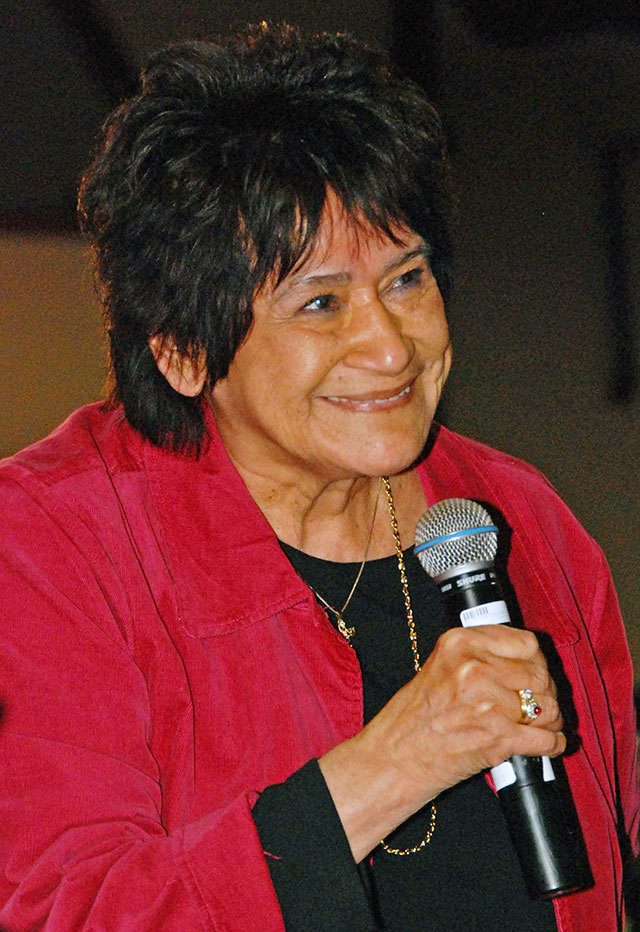By Lorraine Loomis/chair of the Northwest Indian Fisheries Commission
It took a long time on a rough road to get there, but today Washington has some of the most protective water quality standards in the nation.
The U.S. Environmental Protection Agency last month finalized updated state water quality standards that will reduce toxic chemicals in our state’s waters. That means our waters will be cleaner and our health will be better protected from pollutants in the fish and shellfish we eat.
Tribal, state and federal government, environmental groups and industry wrestled with updating the standards for more than 20 years, but the results are something we can all feel good about.
Water quality standards are based mostly on how much fish and shellfish we eat. The more we eat, the cleaner the water must be. Two numbers drive the standards: our fish consumption rate and our cancer risk rate from eating local seafood.
Until last month, the state for 25 years used a fish consumption rate of only 6.5 grams per day – or about one big bite – to determine water quality standards. Most tribal members, as well as Asian and Pacific Islanders and many others eat far more than that.
Through these new standards the state has increased the fish consumption rate to a more realistic 175 grams or about six ounces per day. The increase is a significant step forward even though studies show that tribal members, Asian and Pacific Islanders and many others eat more than that per day.
Thankfully, one thing that didn’t change was Washington’s one in one million cancer risk rate from eating fish and shellfish from our waters.
The new standards more strictly regulate some of the most toxic chemicals in our waters such as PCBs, arsenic and mercury. These three chemicals are responsible for most fish consumption health advisories in the state.
Of course, it’s cheaper and more effective to keep pollution out of our water to begin with. These updated standards provide a strong incentive for the tribal, state and federal partners to reduce pollution at the source.
Industry has long opposed updating our water quality standards because they say it will increase their cost of doing business. But we believe that you cannot put a price on human health and that a pollution-based economy cannot be sustained.
As Gov. Jay Inslee once said: “We will not fall victim to the fear mongers who have attempted to block every clean-air and clean-water law since Earth Day 1970 by arguing we cannot have a healthy environment and a healthy economy. They have been wrong every time.”
In the coming months the state will be working to find the right balance of flexibility to help industry and municipal wastewater dischargers in implementing the new standards.
Both the EPA and the state have shown good leadership in updating our water quality standards after so many years of delay. EPA clearly recognizes the federal government’s trust responsibility to protect the health and treaty rights of the tribes, which also benefits everyone else who lives here.
This is the kind of leadership needed to protect the long-term economy, environmental quality and health of everyone who lives here.
Lorraine Loomis is chair of the Northwest Indian Fisheries Commission.
Talk to us
Please share your story tips by emailing editor@kentreporter.com.
To share your opinion for publication, submit a letter through our website https://www.kentreporter.com/submit-letter/. Include your name, address and daytime phone number. (We’ll only publish your name and hometown.) Please keep letters to 300 words or less.

